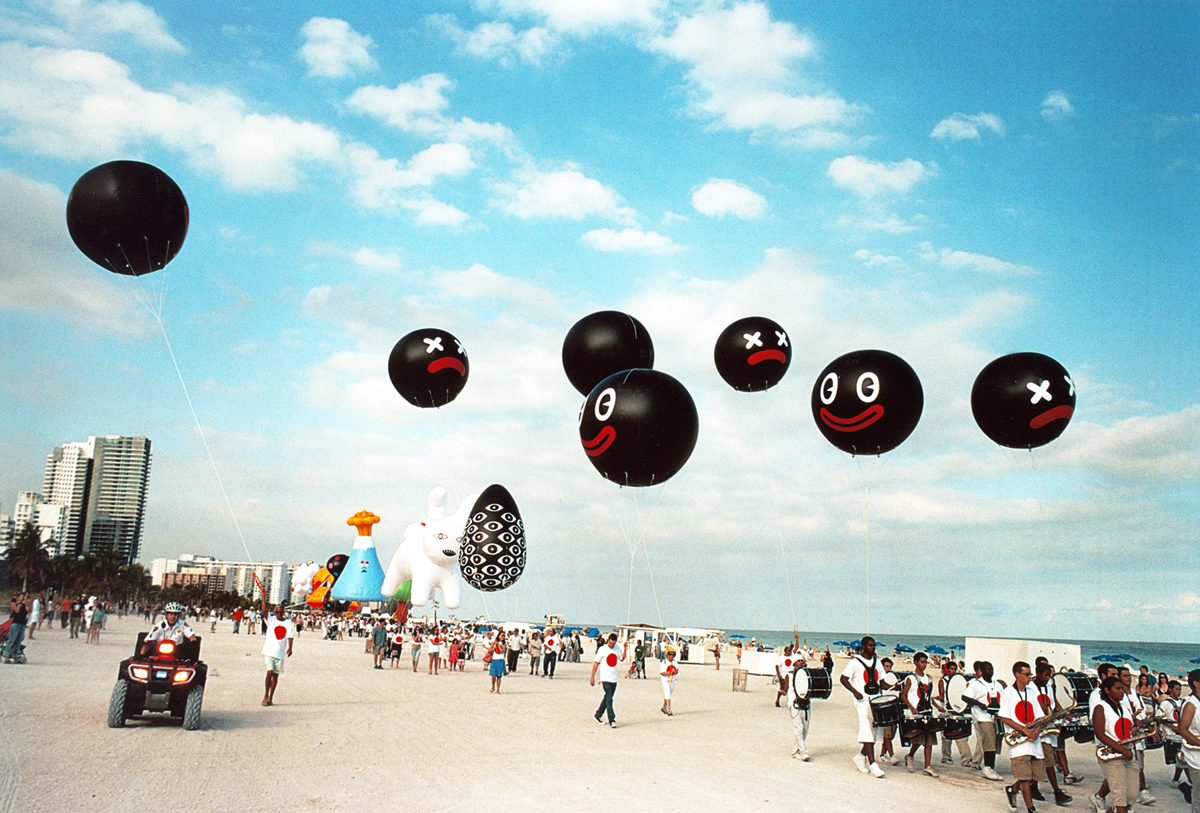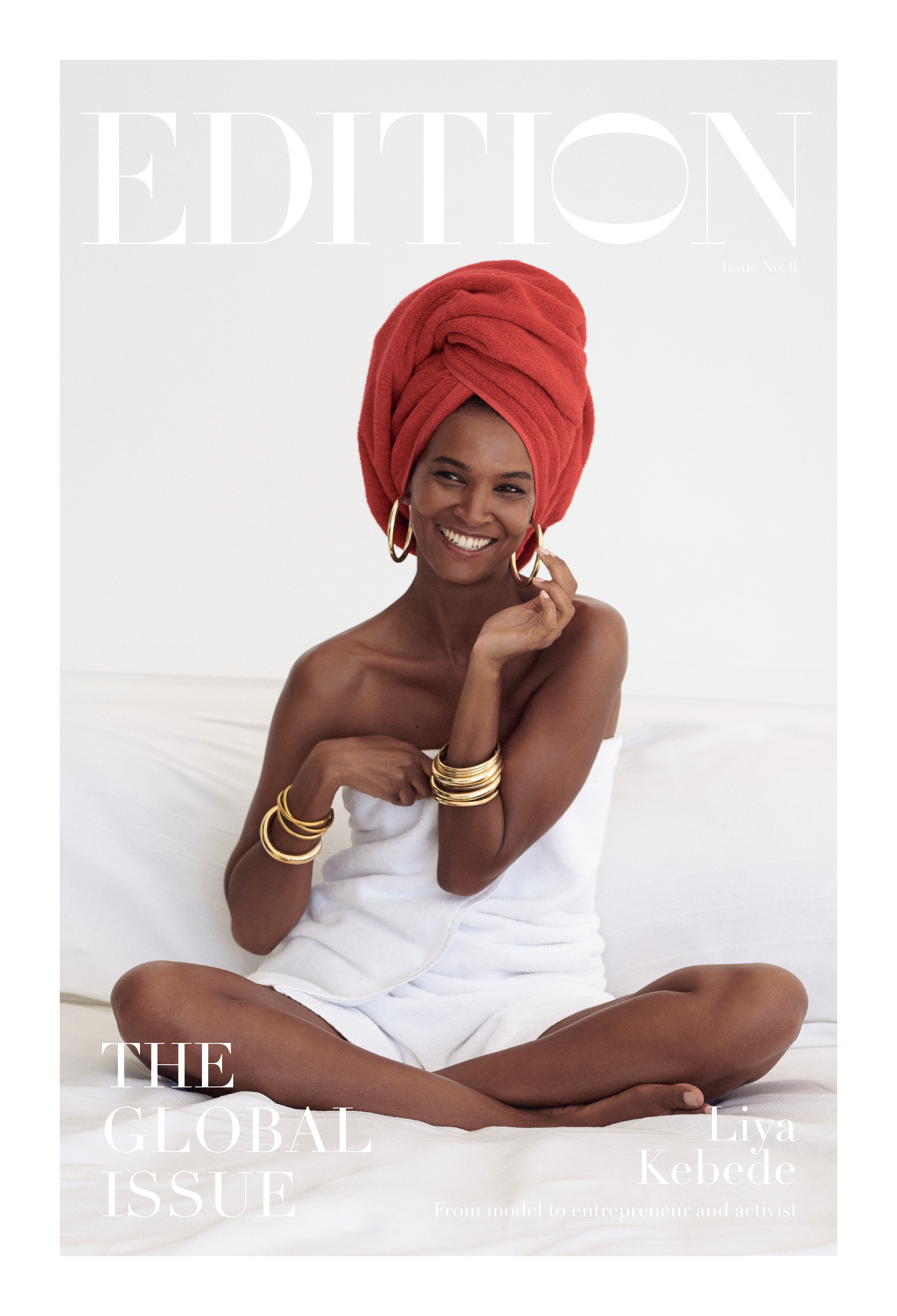
Global Issue
Global Issue: Editor’s Letter
Editor’s Letter
John Fraser
The Michelin-starred chef has a story to tell you through his cooking
Pundy’s Picks for Conscious Travel
Six tips for considered and conscious travel
Genmaicha Martini Recipe
The classic martini plus the health benefits of green tea
The Spread Love Project by Nicholas Konert
How Nicholas Konert’s rainbow heart design became an international icon
Wade Davis
Anthropology is the antidote to today’s nativism says the scholar and author
Carla Sozzani
The future of retail according to the founder of legendary concept store 10 Corso Como
The Art of Migration
The power of art to inspire empathy and social action
John Pawson
Zen Buddhism and minimalist purity drive the celebrated architect
Amy Duncan
As the CBD line Mowellens expands into skincare, its founder shares the personal story behind her company
Sila Sveta
Moscow’s favorite media studio finds the perfect balance between art and commerce
David de Rothschild
In his calls for environmental awareness, the modern explorer finds harmony between man and nature
Can Fashion Be Sustainable?
Shaping a better world through what you buy – or don’t
Brendon Babenzian
Supreme’s former creative director wants to end the cycle of consumption with his new brand Noah
Lily Kwong
Nature invades the urban jungle in the landscape designer’s expansive projects
House of Yes
Behind the scenes with the Bushwick nightlife collective promoting inclusivity and consent culture
Vivie-Ann Bakos
DJ Extraordinaire
Chez Dede
A medium in which two world-traveling, adventurous spirits absorb the globe’s vast curiosities and share them freely
Jesse Israel
A meditation guide for extraordinarily large groups
Liya Kebede
The Ethopian model, activist, and entrepreneur uses her label Lemlem as a force for change
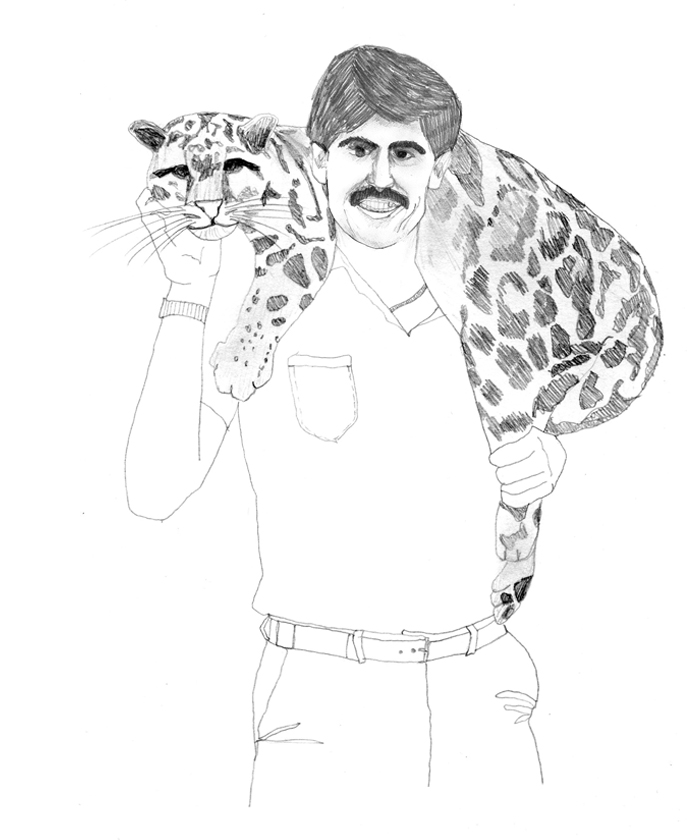
Ron Magill
MIAMI VICE'S "CROCODILE WHISPERER"
RON MAGILL IS NOTHING SHORT OF ICONIC, THE MUSTACHED CONSERVATIONIST, TV PERSONALITY, MIAMI-DUDE ZOOKEEPER, AND WILDLIFE PHOTOGRAPHER HAS TRAVERSED THE GLOBE SWIMMING WITH SEA LIONS, BEING CHASED BY RHINOS, AND TAMING TIGERS. FOR MAGILL, IT’S ALL IN A DAY’S WORK.
What is it about your approach to animals that has made you a unique authority on the subject?
I try to show people how wildlife relates to us in everyday life. I say listen: animals do not pay attention to political boundaries or governments. There is a lot that we can learn from them because animals do things out of instinct for survival. We need to look at animals and their environments, and see how they are doing because it is an indication of how we will be doing. Some of my peers say you should not give animals human qualities. Who the heck said that emotion or sadness or happiness is a human quality? Animals can be happy, animals can be sad. There is nothing wrong with seeing that. I’ve watched a chimpanzee die of loneliness. I have watched animals going through depression when they have lost part of their herd. No one can tell me they are not feeling pain. There is an old saying that goes: we protect what we love, we love what we understand, and we understand what we are taught. I am privileged to visit incredible places and spend so much time with this wonderful wildlife. It is my responsibility to try to convince people why we should care about them.
Many animal lovers don’t want to visit a zoo because they do not want to see animals in captivity.
In a perfect world there wouldn’t be any zoos. I just returned from this trip to Africa and the sad reality is 99% of this part of the world will never be able to travel to Africa and see the wonders that I have seen. I would not do that today if it was not for my first trips to the Bronx Zoo as a small boy, where I was able to look at an animal face to face and create a connection that inspired me to say, “I need to take care of you.” Done in the right way, [zoos] play a very important role in our society. We create windows for the world of wildlife that most kids would not be able to experience firsthand. You can have a giraffe eat out of your hand: with its fourteen-inch tongue it will come and take a leaf out of your hand, and there you are looking at those massive eyelashes on a seventeen- foot-tall animal. Every kid who has experienced that will never do something that is going to hurt a giraffe.
Tell us about traveling to Africa. You’ve been there many times now to photograph and be with animals?
I’ve been there fifty times and I still get moved to tears. I will sit on the mountainside and look at hundreds of thousands of wildebeests and zebra on the great migration. To hear it, smell it, taste it, and feel it in person; it’s so overwhelming. I’m not a small guy—I am six foot six, I weigh two hundred and thirty pounds—but I break down like a little girl.
Can you explore this idea more that animals are an indicator of how humans will fare?
You know the old canary in the coalmine? The miners would not go down there if they lowered the canary and it came up dead. Nature is really that on a much bigger scale. We are looking at frogs and amphibians where they are either dying off or hatching out totally deformed. Why? Because they are more sensitive to the environment. Therefore they are the first ones to show signs of toxicity in the environment. So we are looking at frogs hatching out with five legs and one eye. That indicates to us that there is something out of whack here. We, as more advanced animals, have the ability to fend things off for a while, but it will only be for a while.
What animals are native to Miami?
We have alligators, crocodiles, panthers, white tailed deer, bears, all kinds of snakes and reptiles, all kinds of birds, flamingos, herons. We have a plethora of wildlife that people will travel from halfway around the world to see.
Most people are nervous when they come to Florida that they will have an interaction with a crocodile.
That’s what you need to be least worried about. We recently had the first attack of a crocodile about three weeks ago. It was idiots who were swimming drunk at two o’clock in the morning. They both got bitten once and when the crocodile realized that they were not its natural prey, he let them go. Crocodiles generally are the shyest animals in the world right next to human beings. Alligators, on the other hand, are dangerous. Here, people illegally feed alligators, which is basically getting rid of the alligator’s natural fear of people, which is a very dangerous connection.
You used to work with Miami Vice as the show’s animal handler?
Those were amazing times. Miami Vice really pushed the envelope. Back then, emulating what was really Miami at the time, you had a lot of these drug types like that, where they just wanted something that was different, out of the box. A lot of machismo stuff went on, so you had these guys with tigers in their backyards and there were two cops, one who had an alligator as a pet. My specialty back then was working with alligators and crocodiles. I met my wife because I got bit by a crocodile and was taken to the hospital. She was my physical therapist. Back then I was in my twenties and you go to meet all these big stars—Glenn Fry, Barbara Streisand. It was the peak of the film industry in Florida.
At the time, was the city like how they portrayed it on Miami Vice?
They certainly stretched out some things to make it a little more colorful, but I will tell you that Miami at the time was a bit of a cocaine cowboy city. The drugs in the high-end clubs; it was very elite with a ton of money. I was invited for dinner and this guy ordered ten bottles of $5,000 champagne. He was giving people $100 bills just for fun. There were copious amounts of money. I have never had an alcoholic drink in my life, not even coffee. But I remember going into the back of the luggage club at Coconut Grove, and there were people at these beautiful black marble counters with gold fixtures just doing lines of cocaine as you walk in.
You have a pretty iconic moustache, is that the era it was born?
No, I’ve had it since high school and it has never come off. Everybody calls it a porn- stache. What does that mean?
What do you love most about Miami?
I love the diversity and the culture. Miami is kind of a melting pot of the world. Whether it be the food, the music―it has so much vibrancy. It’s one of the most beautiful climates on the face of the planet.
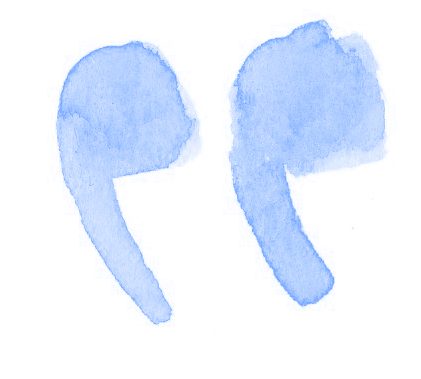
I met my wife because I got bit by a crocodile and was taken to the hospital.
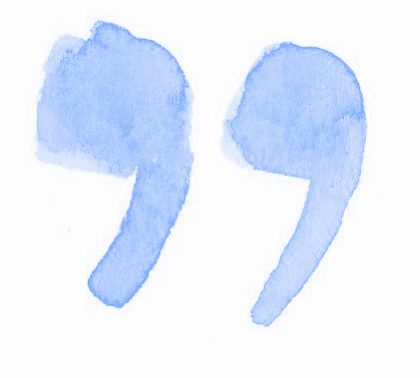
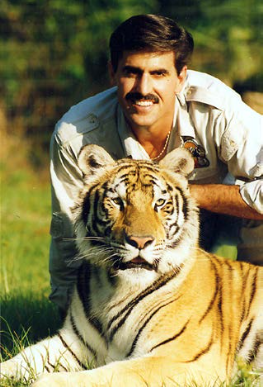
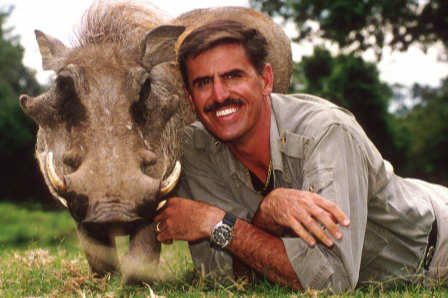
Art & Culture
The power of art to inspire empathy and social action
Zen Buddhism and minimalist purity drive the celebrated architect
Moscow’s favorite media studio finds the perfect balance between art and commerce
Behind the scenes with the Bushwick nightlife collective promoting inclusivity and consent culture
DJ Extraordinaire
A medium in which two world-traveling, adventurous spirits absorb the globe’s vast curiosities and share them freely
A meditation guide for extraordinarily large groups
Experiences
Moscow’s favorite media studio finds the perfect balance between art and commerce
In his calls for environmental awareness, the modern explorer finds harmony between man and nature
Behind the scenes with the Bushwick nightlife collective promoting inclusivity and consent culture
DJ Extraordinaire
Food & Drink
The Michelin-starred chef has a story to tell you through his cooking
Six tips for considered and conscious travel
Personalities
Style
The classic martini plus the health benefits of green tea
How Nicholas Konert’s rainbow heart design became an international icon
As the CBD line Mowellens expands into skincare, its founder shares the personal story behind her company
Nature invades the urban jungle in the landscape designer’s expansive projects
The Ethopian model, activist, and entrepreneur uses her label Lemlem as a force for change

